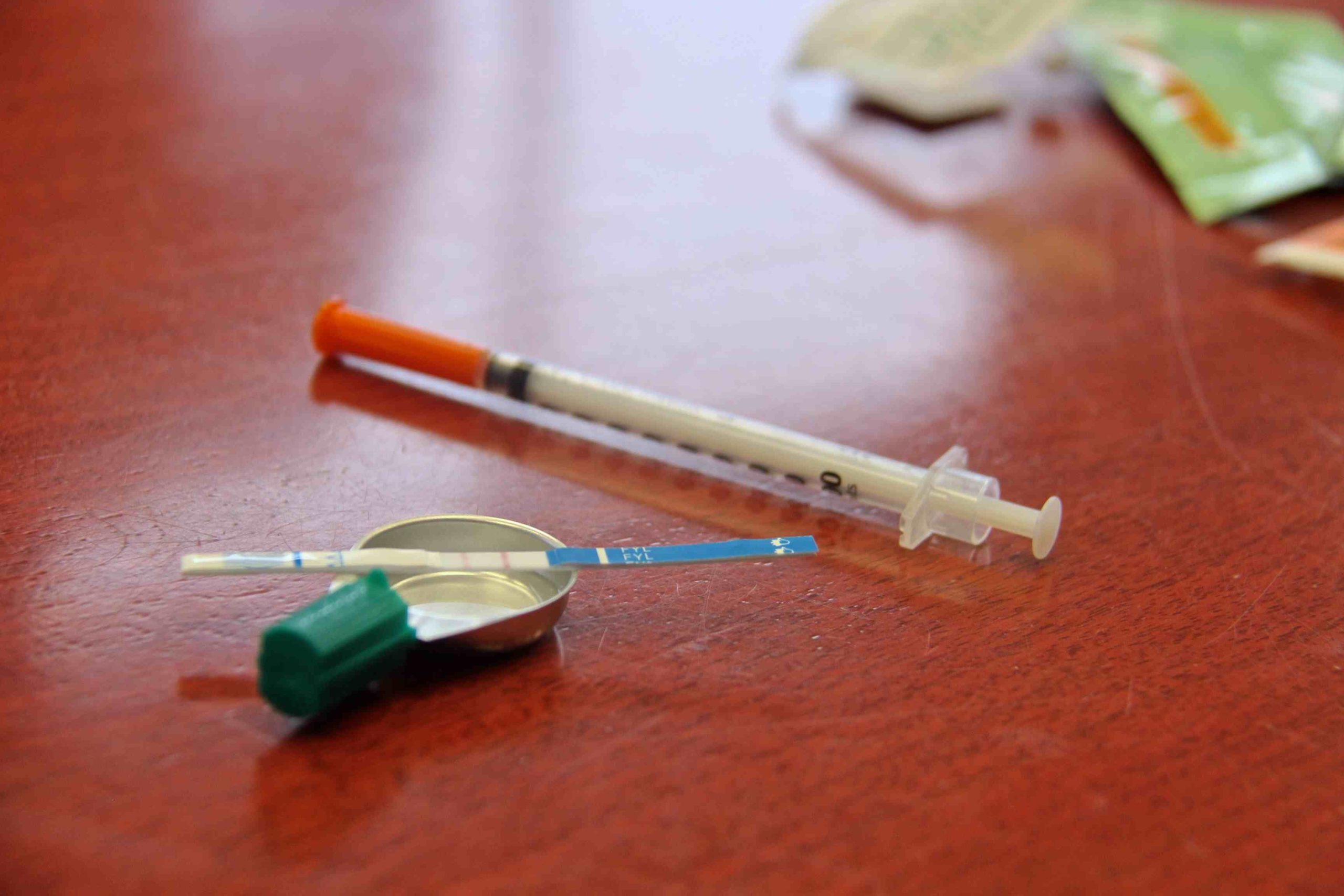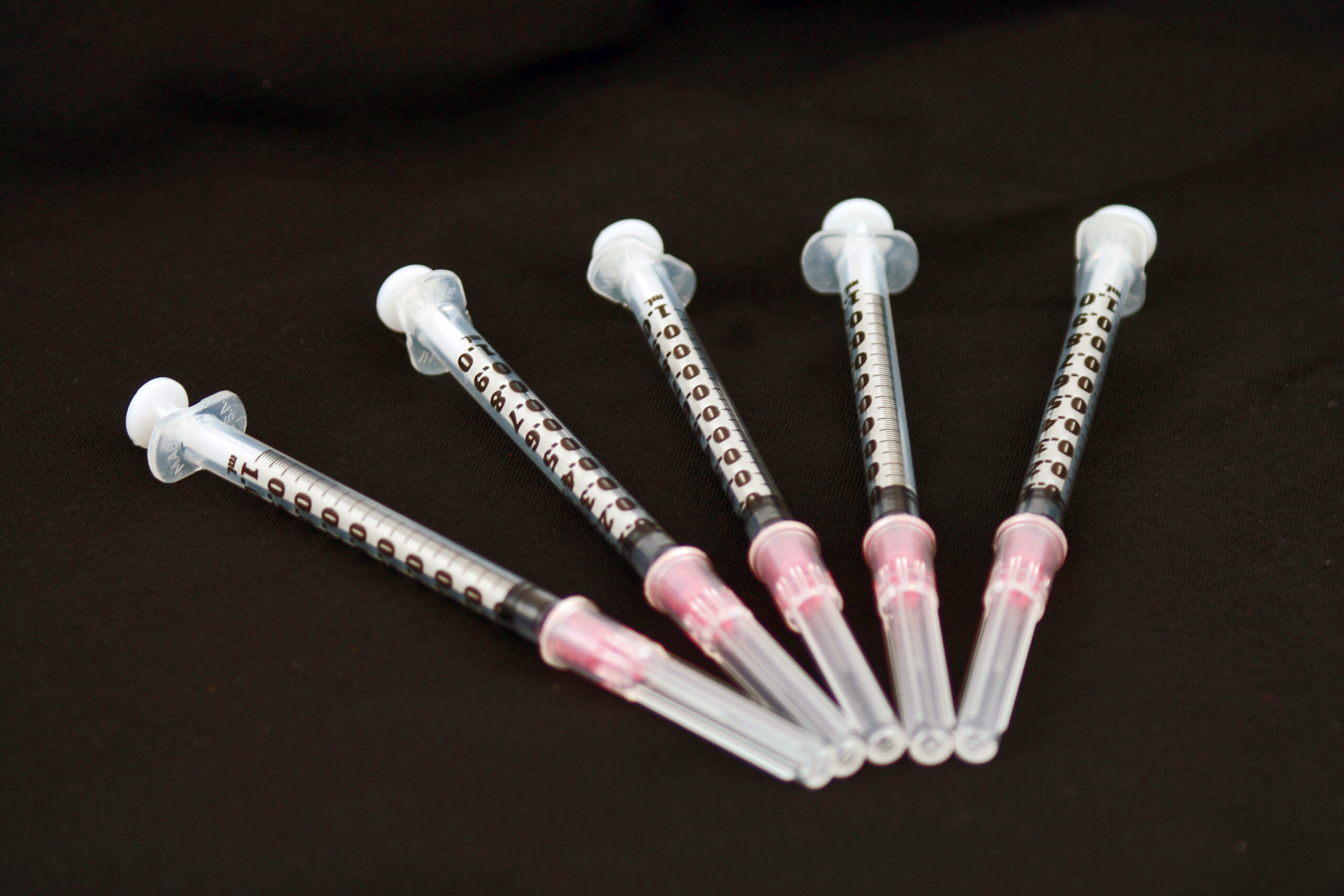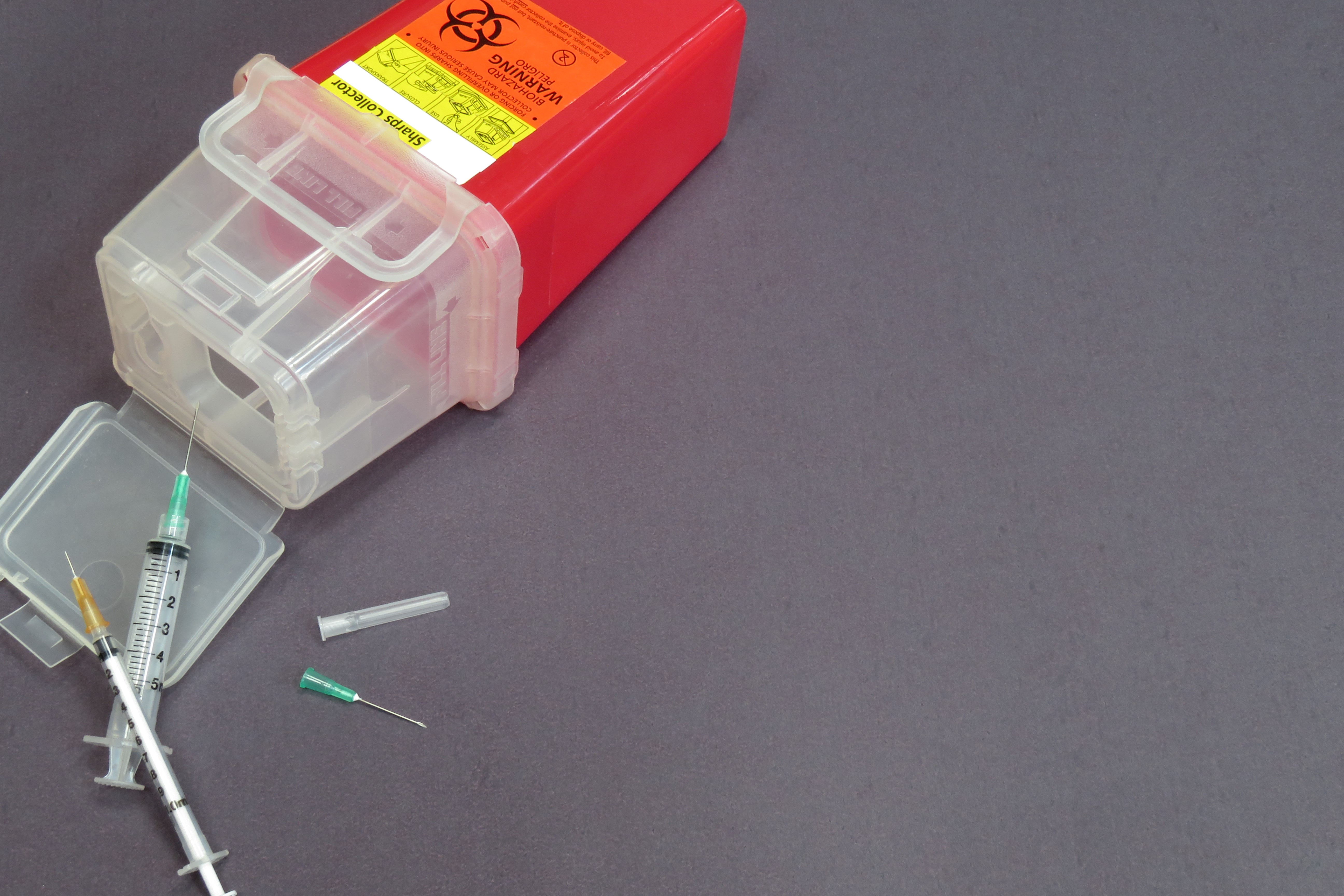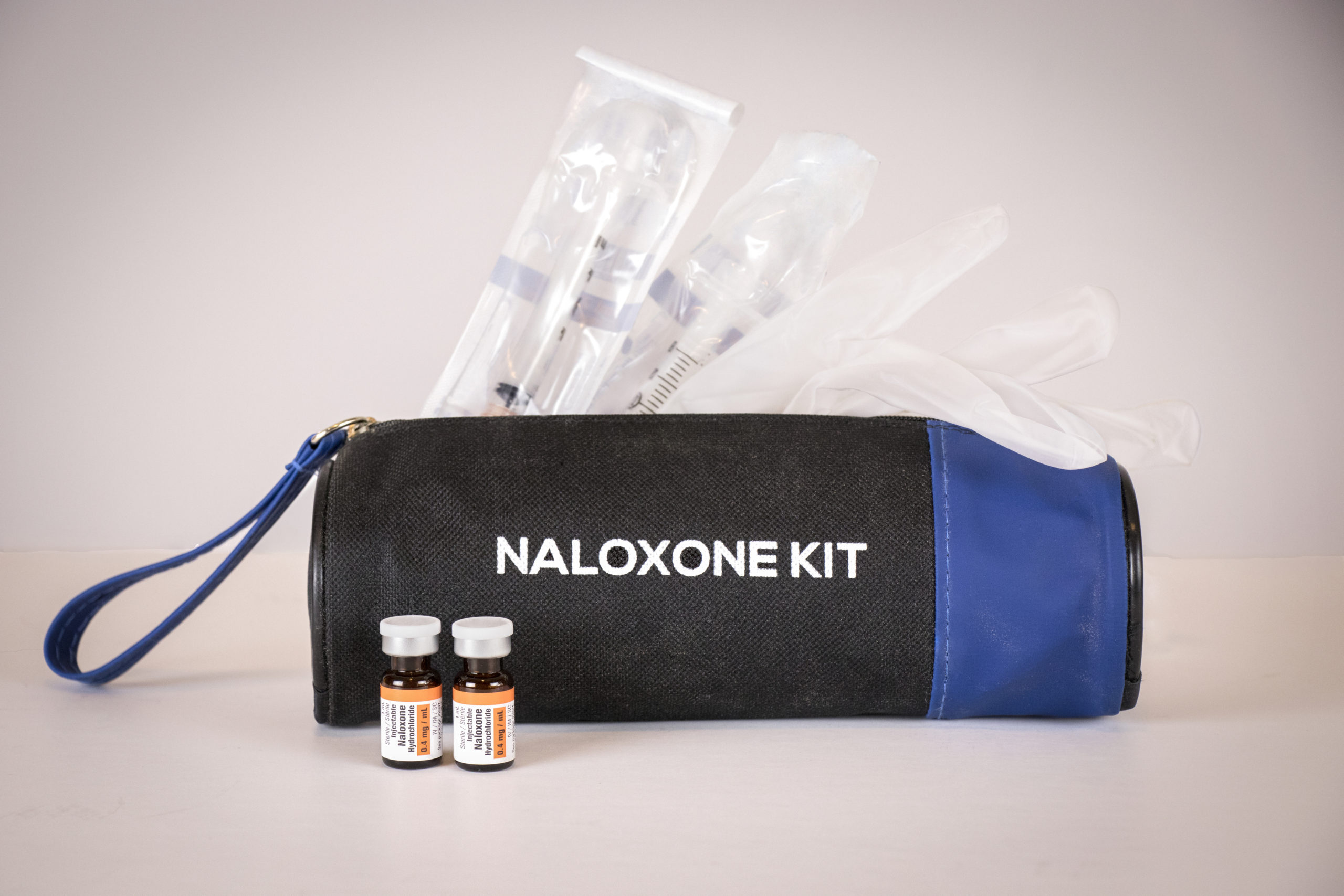Drug Checking Equipment, Needles/Syringes, and Drug Paraphernalia: Summary of State Laws
Given the increased emphasis in recent years on using harm reduction strategies to slow the overdose crisis, the hurdle posed by state drug paraphernalia laws to freely allowing drug checking services or establishing syringe services programs is not inconspicuous. Accordingly, in 2022, LAPPA first undertook an extensive research project to determine how drug paraphernalia laws throughout the 50 states, District of Columbia, and all U.S. territories treat drug checking equipment (including fentanyl test strips and other items) and needles/syringes. This January 2024 version, which sets forth a summary of state and territory laws as of December 2023, is an update to the original report. ...








